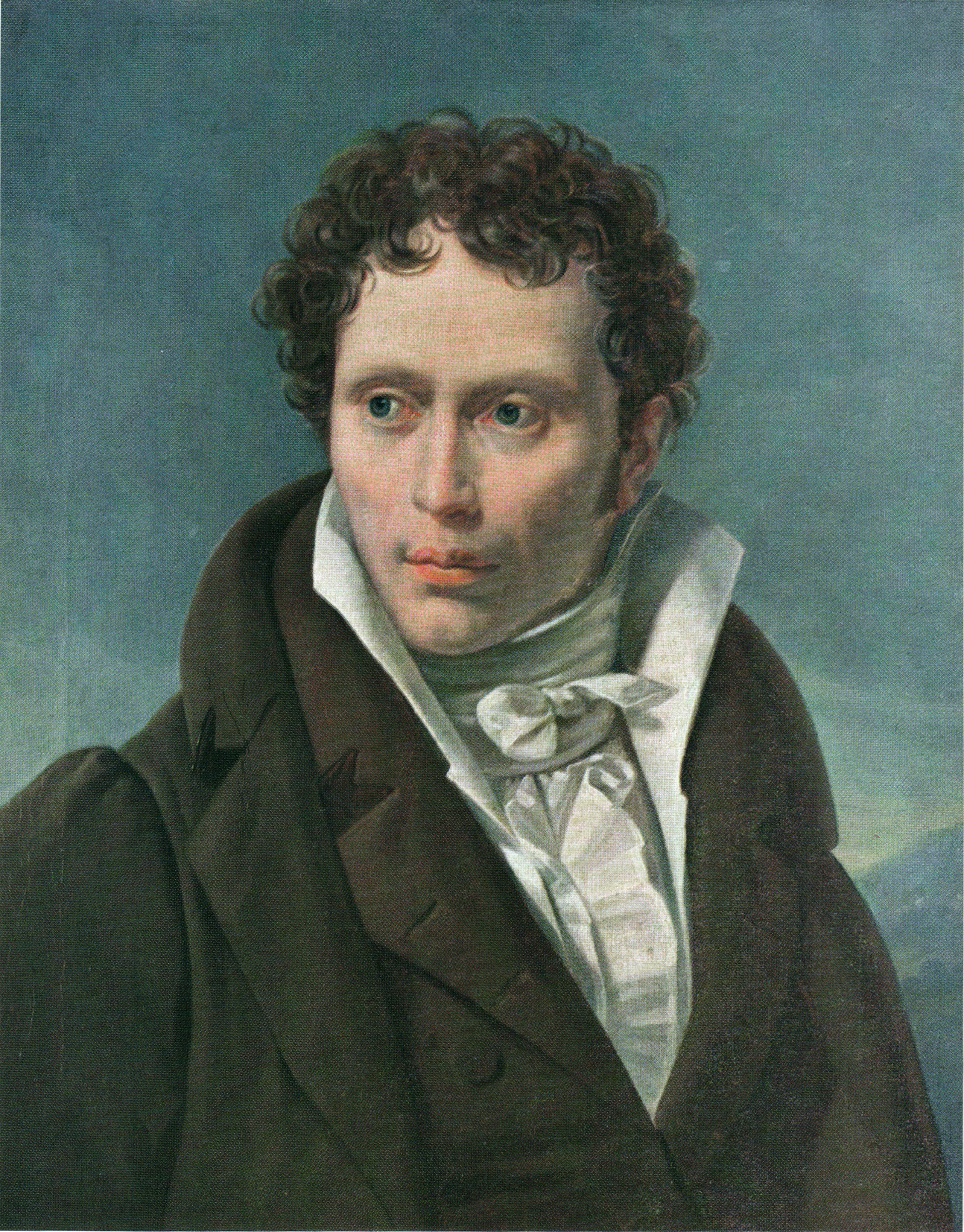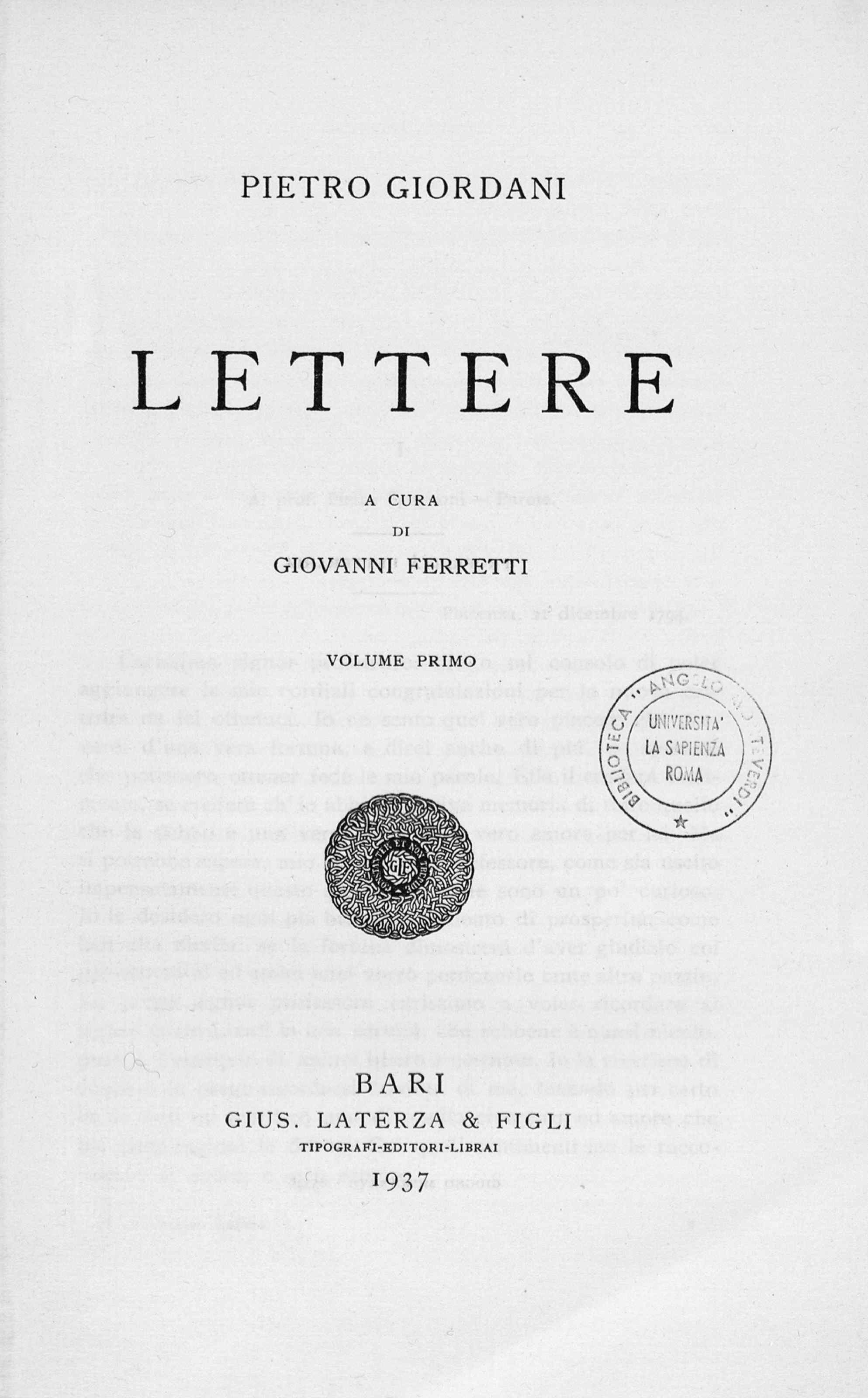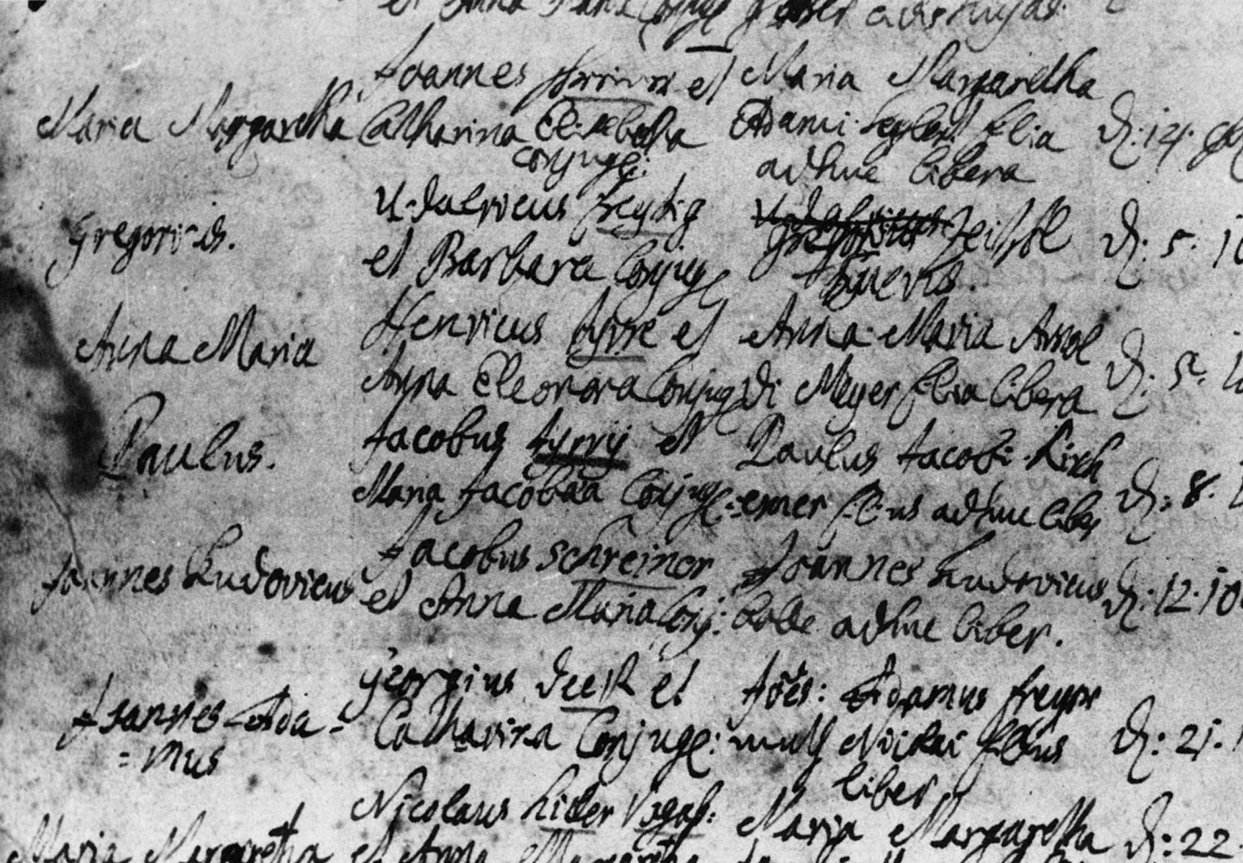|
Leopardi
Count Giacomo Taldegardo Francesco di Sales Saverio Pietro Leopardi (, ; 29 June 1798 – 14 June 1837) was an Italian philosopher, poet, essayist, and philologist. He is considered the greatest Italian poet of the nineteenth century and one of the most important figures in the literature of the world, as well as one of the principals of literary romanticism; his constant reflection on existence and on the human condition—of sensuous and materialist inspiration—has also earned him a reputation as a deep philosopher. He is widely seen as one of the most radical and challenging thinkers of the 19th century but routinely compared by Italian critics to his older contemporary Alessandro Manzoni despite expressing "diametrically opposite positions." Although he lived in a secluded town in the conservative Papal States, he came into contact with the main ideas of the Enlightenment, and, through his own literary evolution, created a remarkable and renowned poetic work, related to th ... [...More Info...] [...Related Items...] OR: [Wikipedia] [Google] [Baidu] |
Monaldo Leopardi
Count Monaldo Leopardi (Recanati, 16 August 1776 – Recanati, 30 April 1847) was an Italian philosopher, nobleman, politician and writer, notable as one of the main Italian intellectuals of the counter-revolution. His son Giacomo Leopardi was a poet and thinker with completely opposite views, which were probably the root cause of their discord. Biography Monaldo Leopardi was born in Recanati on the 16th of August 1776. He lost his father before he was five years old, and spent the years of his childhood in the Palazzo Leopardi, with his mother, his brother and sister, and his great-uncle. His tutor, Father José Matías de Torres, was an exiled Jesuit from Veracruz, Mexico. As a child, Monaldo spent several months in Pesaro at the home of his grandmother, Francesca, who years later came to stay with him in his palace in Recanati. At the age of eighteen he assumed, as head of the family, the complete management of the whole family property. In 1797 Monaldo married a capable wom ... [...More Info...] [...Related Items...] OR: [Wikipedia] [Google] [Baidu] |
Philosophical Pessimism
Philosophical pessimism is a family of philosophical views that assign a negative value to life or existence. Philosophical pessimists commonly argue that the world contains an Empiricism, empirical prevalence of pains over pleasures, that existence is Ontology, ontologically or Metaphysics, metaphysically adverse to living beings, and that life is fundamentally meaningless or without Teleology, purpose. Their responses to this condition, however, are widely varied and can be life-affirming. Philosophical pessimism is not a single coherent movement, but rather a loosely associated group of thinkers with similar ideas and a resemblance to each other. In ''Weltschmerz: Pessimism in German Philosophy, 1860-1900'', Frederick C. Beiser describes philosophical pessimism as "the thesis that life is not worth living, that nothingness is better than being, or that it is worse to be than not be". In a very similar way, Schopenhauer argues that it would have been better if life had not come ... [...More Info...] [...Related Items...] OR: [Wikipedia] [Google] [Baidu] |
Pietro Giordani
Pietro Giordani (January 1, 1774 – September 2, 1848) was an Italian writer, classical literary scholar, and a close friend of, and influence on, Giacomo Leopardi. Biography Born in Piacenza, Giordani originally set out to become a monk. But after having entered into the Benedictine convent of Saint Sixtus at Piacenza in 1797, he eventually changed his mind and abandoned the clerical vocation in favor of his only real love, literature. He looked with extreme favor upon Napoleon Bonaparte and the Napoleonic regime in Italy and, in 1807, he wrote a ''Panegyric on the Sacred Majesty of Napoleon''. The following year he obtained the post of proto-secretary of the Academy of Fine Arts in Bologna which, however, he had to abandon in 1815: with the beginning of the Restoration he became highly suspect for his liberal, republican ideals. In 1816, he began his legendary epistolary exchange with Giacomo Leopardi to whom he eventually paid a visit in 1818, accompanying him, during his f ... [...More Info...] [...Related Items...] OR: [Wikipedia] [Google] [Baidu] |
Recanati
Recanati () is a town and ''comune'' in the Province of Macerata, in the Marche region of Italy. Recanati was founded around 1150 AD from three pre-existing castles. In 1290 it proclaimed itself an independent republic and, in the 15th century, was famous for its international fair. In March 1798 it was conquered by Napoleon Bonaparte. The elongated historic center extends from one end to the other for over 200 metres and occupies an area of about 35 hectares. Its linear structure distinguishes it from most of the neighboring centers with a concentric plan, in which the inhabited area has extended from a central square. Along the margins of the central road, connecting the ancient housing clusters, there are numerous aristocratic buildings, for the most part on three floors, built by merchants or landowners. It is the hometown of the tenor Beniamino Gigli and the poet Giacomo Leopardi, which is why the town is known to some as "the city of poetry". Famous medieval Ashkenazi Ka ... [...More Info...] [...Related Items...] OR: [Wikipedia] [Google] [Baidu] |
Carlo Michelstaedter
Carlo Raimondo Michelstaedter or Michelstädter (3 June 1887 – 17 October 1910) was an Italian philosopher, artist, and man of letters. Life Carlo Michelstaedter was born in Gorizia, the capital of the Austro-Hungarian County of Gorizia and Gradisca, the youngest of four children of Albert and Emma Michelstaedter (née Luzzatto). His older siblings were Gino (1877–1909), Elda (1879–1944) and Paula (1885–1972). His full name was Carlo Raimondo (Gedaliah Ram). His father was the director of the local branch of the Trieste-based ''Assicurazioni Generali'' insurance company. The Michelstaedters were an Italian-speaking upper middle class Jewish family of Ashkenazi origin. His sister Paula remembered him as a child fearful of the dark and heights, stubborn and not at all prepared to apologize for any misbehavior. In school, he was judged "not very suitable (''minder entsprechend'')" for having intentionally and frequently disturbed the lessons during the year. His father ... [...More Info...] [...Related Items...] OR: [Wikipedia] [Google] [Baidu] |
Lucretius
Titus Lucretius Carus ( , ; – ) was a Roman poet and philosopher. His only known work is the philosophical poem ''De rerum natura'', a didactic work about the tenets and philosophy of Epicureanism, and which usually is translated into English as ''On the Nature of Things''—and somewhat less often as ''On the Nature of the Universe''. Lucretius has been credited with originating the concept of the three-age system that was formalised in 1836 by C. J. Thomsen. Very little is known about Lucretius's life; the only certainty is that he was either a friend or client of Gaius Memmius, to whom the poem was addressed and dedicated. ''De rerum natura'' was a considerable influence on the Augustan poets, particularly Virgil (in his ''Aeneid'' and ''Georgics'', and to a lesser extent on the ''Eclogues'') and Horace. The work was almost lost during the Middle Ages, but was rediscovered in 1417 in a monastery in Germany by Poggio Bracciolini and it played an important role both ... [...More Info...] [...Related Items...] OR: [Wikipedia] [Google] [Baidu] |
Jean-Jacques Rousseau
Jean-Jacques Rousseau (, ; 28 June 1712 – 2 July 1778) was a Genevan philosopher, writer, and composer. His political philosophy influenced the progress of the Age of Enlightenment throughout Europe, as well as aspects of the French Revolution and the development of modern political, economic, and educational thought. His ''Discourse on Inequality'' and ''The Social Contract'' are cornerstones in modern political and social thought. Rousseau's sentimental novel ''Julie, or the New Heloise'' (1761) was important to the development of preromanticism and romanticism in fiction. His ''Emile, or On Education'' (1762) is an educational treatise on the place of the individual in society. Rousseau's autobiographical writings—the posthumously published '' Confessions'' (composed in 1769), which initiated the modern autobiography, and the unfinished '' Reveries of the Solitary Walker'' (composed 1776–1778)—exemplified the late 18th-century " Age of Sensibility", and featured an ... [...More Info...] [...Related Items...] OR: [Wikipedia] [Google] [Baidu] |
Giosuè Carducci
Giosuè Alessandro Giuseppe Carducci (; 27 July 1835 – 16 February 1907) was an Italian poet, writer, literary critic and teacher. He was very noticeably influential, and was regarded as the official national poet of modern Italy. In 1906, he became the first Italian to receive the Nobel Prize in Literature. Excerpt from the Swedish Academy's motivation: " ..not only in consideration of his deep learning and critical research, but above all as a tribute to the creative energy, freshness of style, and lyrical force which characterize his poetic masterpieces". Biography He was born in Valdicastello (part of Pietrasanta), a small town in the Province of Lucca in the northwest corner of the region of Tuscany. His father, a doctor, was an advocate of the unification of Italy and was involved with the Carbonari. Because of his politics, the family was forced to move several times during Carducci's childhood, eventually settling for a few years in Florence. From the time he was i ... [...More Info...] [...Related Items...] OR: [Wikipedia] [Google] [Baidu] |
Torquato Tasso
Torquato Tasso ( , also , ; 11 March 154425 April 1595) was an Italian poet of the 16th century, known for his 1591 poem ''Gerusalemme liberata'' (Jerusalem Delivered), in which he depicts a highly imaginative version of the combats between Christians and Muslims at the end of the First Crusade, during the Siege of Jerusalem (1099), Siege of Jerusalem of 1099. Tasso had mental illness and died a few days before he was to be Poet laureate, crowned on the Capitoline Hill as the king of poets by Clement VIII, Pope Clement VIII. His work was widely translated and adapted, and until the beginning of the 20th century, he remained one of the most widely read poets in Europe. Biography Early life Born in Sorrento, Torquato was the son of Bernardo Tasso, a nobleman of Bergamo and an epic and lyric poet of considerable fame in his day, and his wife Porzia de Rossi, a noblewoman born in Naples of Tuscany, Tuscan origins. His father had for many years been secretary in the service of F ... [...More Info...] [...Related Items...] OR: [Wikipedia] [Google] [Baidu] |
Romanticism
Romanticism (also known as the Romantic movement or Romantic era) was an artistic, literary, musical, and intellectual movement that originated in Europe towards the end of the 18th century, and in most areas was at its peak in the approximate period from 1800 to 1850. Romanticism was characterized by its emphasis on emotion and individualism, clandestine literature, paganism, idealization of nature, suspicion of science and industrialization, and glorification of the past with a strong preference for the medieval rather than the classical. It was partly a reaction to the Industrial Revolution, the social and political norms of the Age of Enlightenment, and the scientific rationalization of nature. It was embodied most strongly in the visual arts, music, and literature, but had a major impact on historiography, education, chess, social sciences, and the natural sciences. It had a significant and complex effect on politics, with romantic thinkers influencing conservatism, libe ... [...More Info...] [...Related Items...] OR: [Wikipedia] [Google] [Baidu] |
Baron D'Holbach
Paul-Henri Thiry, Baron d'Holbach (; 8 December 1723 – 21 January 1789), was a French-German philosopher, encyclopedist, writer, and prominent figure in the French Enlightenment. He was born Paul Heinrich Dietrich in Edesheim, near Landau in the Rhenish Palatinate, but lived and worked mainly in Paris, where he kept a ''salon''. He helped in the dissemination of "Protestant and especially German thought", particularly in the field of the sciences, but was best known for his atheism and for his voluminous writings against religion, the most famous of them being ''The System of Nature'' (1770) and '' The Universal Morality'' (1776). Biography Sources differ regarding d'Holbach's dates of birth and death. His exact birthday is unknown, although records show that he was baptised on 8 December 1723. Some authorities incorrectly give June 1789 as the month of his death. D'Holbach's mother, Catherine Jacobina (''née'' Holbach; 1684–1743), was the daughter of Johannes Jacob ... [...More Info...] [...Related Items...] OR: [Wikipedia] [Google] [Baidu] |
Vittorio Alfieri
Count Vittorio Alfieri (, also , ; 16 January 17498 October 1803) was an Italian dramatist and poet, considered the "founder of Italian tragedy." He wrote nineteen tragedies, sonnets, satires, and a notable autobiography. Early life Alfieri was born at Asti, Kingdom of Sardinia, now in Piedmont. His father died when he was very young, and he was brought up by his mother, who married a second time, until, at the age of ten, he was placed in the academy of Turin. After a year at the academy, he went on a short visit to a relative at Coni (mod. Cuneo). During his stay there he composed a sonnet chiefly borrowed from lines in Ariosto and Metastasio, the only poets he had at that time read. At thirteen, Alfieri began the study of civil and canon law, but this only made him more interested in literature, particularly French romances. The death of his uncle, who had taken charge of his education and conduct, left him free, at the age of fourteen, to enjoy his paternal inheritance, augme ... [...More Info...] [...Related Items...] OR: [Wikipedia] [Google] [Baidu] |








